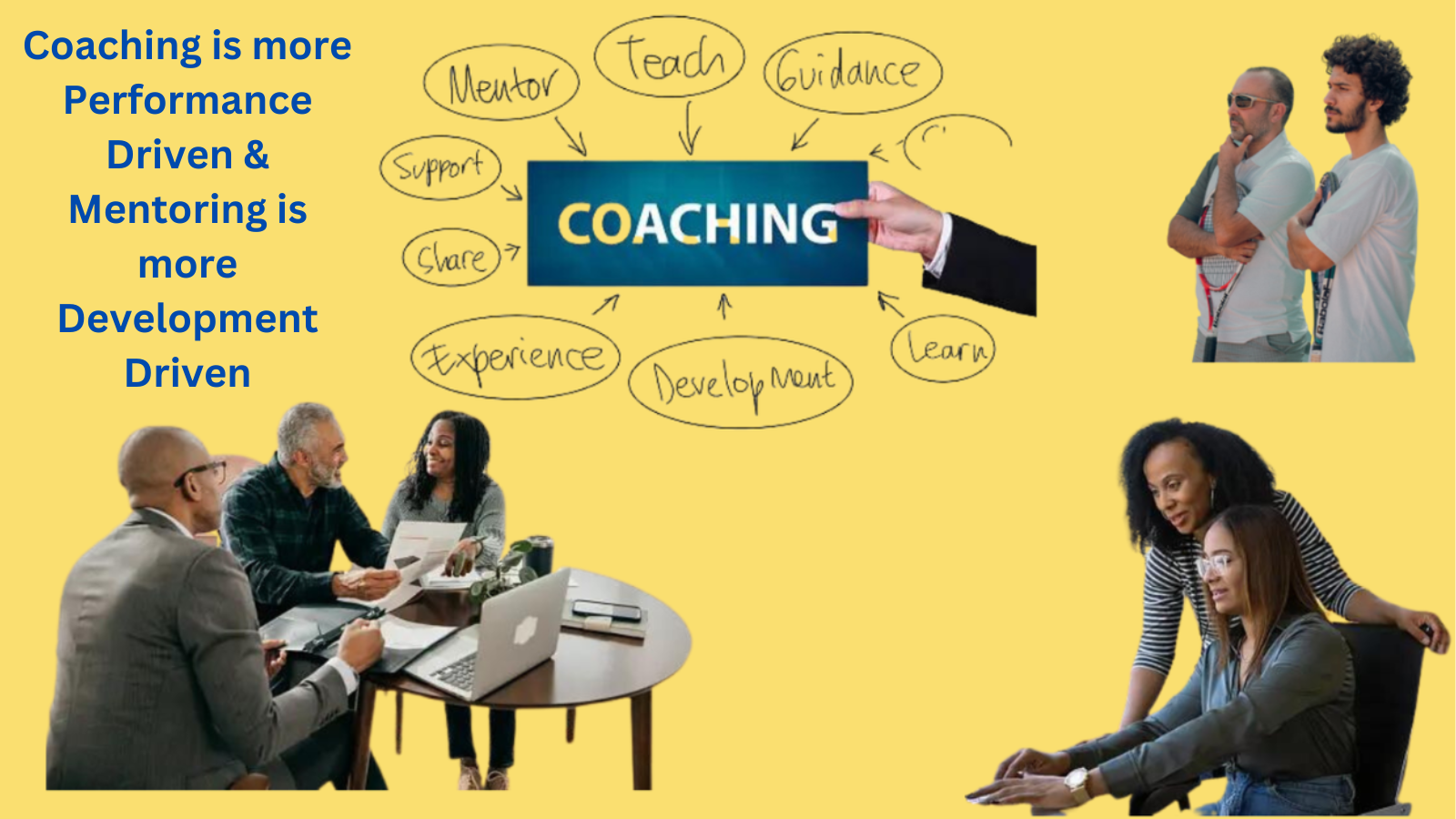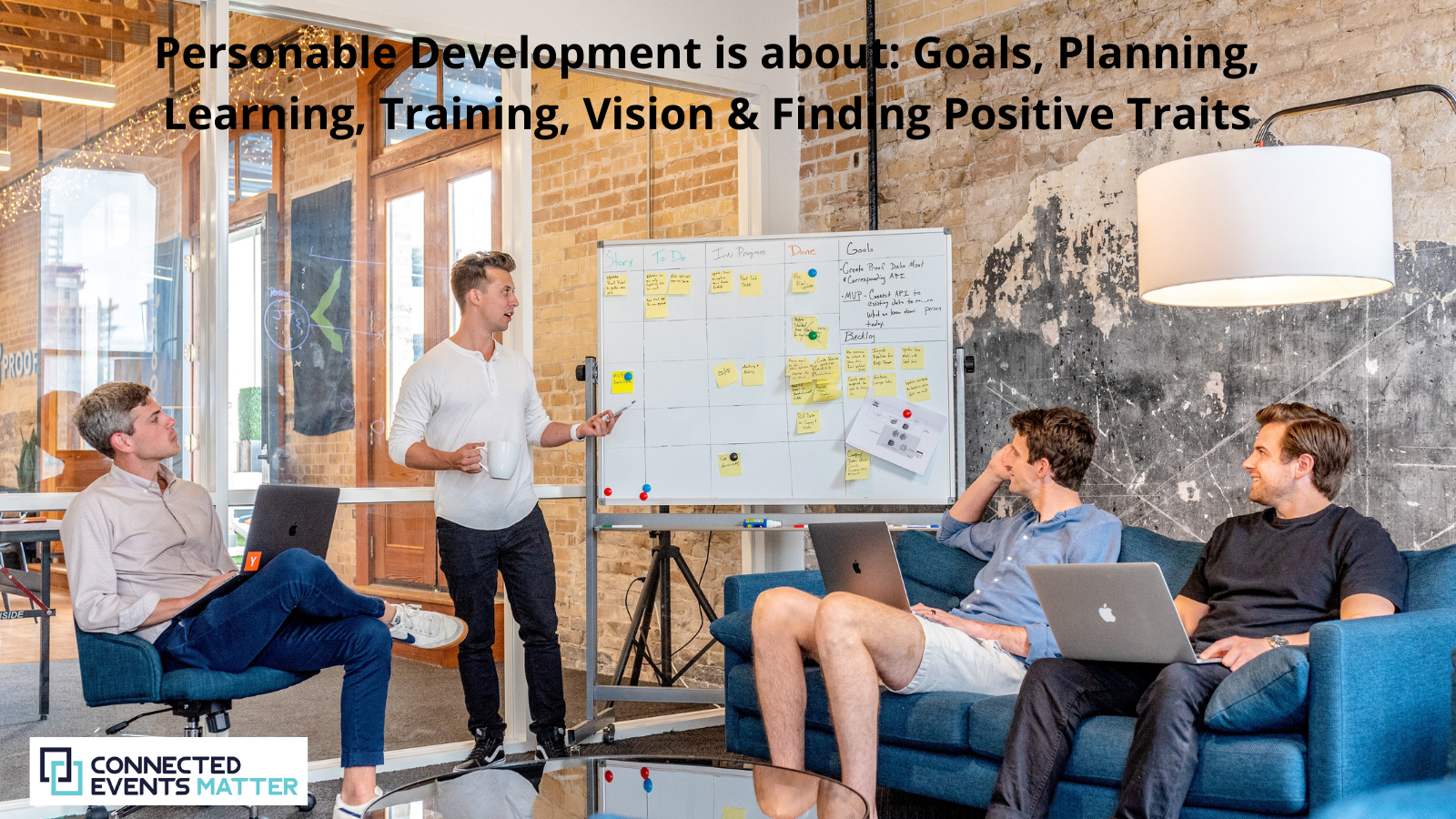Great Coaches are not just your external eyes and ears but also facilitators of growth. They provide a more accurate picture of your reality. They recognize the fundamentals and are adept at breaking down your actions and helping you build them back up again.
Leadership with a coaching mindset is about more than just creating an environment that fosters growth and development for both the team and the individual. As a leader with a coaching mindset, you are the catalyst, focusing on helping your team members reach their personal goals while developing their skills.
A large part of coaching is helping someone make sustainable changes by understanding what's holding them back – both culturally and internally. This understanding is the key to helping them deliberately shift toward new beneficial behaviors.
Coaches can help with ”Goals”


















